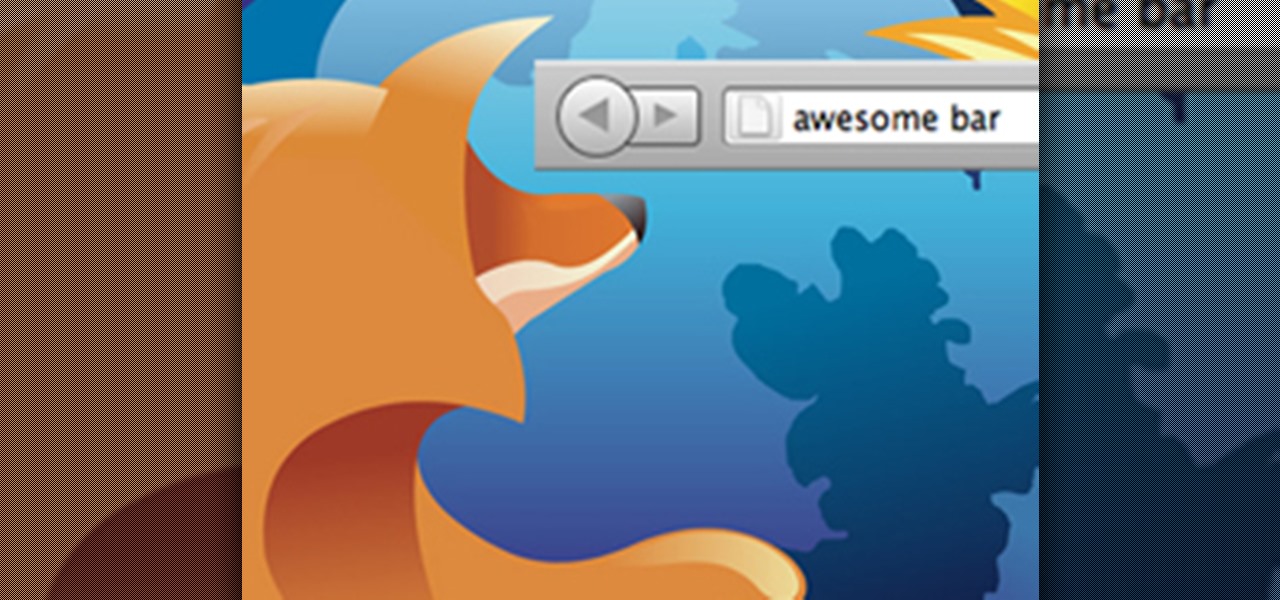
Spam is everywhere and Facebook is no exception. In fact, spammers are constantly stepping up their game by tricking unsuspecting Facebook users to participate in quizzes, games, apps, or "new features" that are actually dangerous computer viruses, spyware, or other trojan horses in disguise. Their attempts even trick people into unknowingly becoming spammers themselves.

OSPD1 In 1978, the first SCRABBLE Dictionary was conceived and published by Merriam-Webster, with the help of the National Scrabble Association (NSA). The idea was to include any word that was found in one of the five major dictionaries at the time:

Getting used to your new Firefox 4 web browser? If so, you might have seen some improvements in the Location Bar. The updated features make browsing the web a cinch, so it's no wonder why more and more Internet junkies are calling it the Awesome Bar. It's faster and easier to use, and there's even some optional tweaks that you can employ to make your Internet experience smooth and effortless.

My girlfriend was going away for a few weeks, but where she was going, there was no easily accessible Internet. She works mostly on the web, so it was imperative that she have a decent Internet connection during her travels. So, tethering her phone was the only real possibility.

WonderHowTo is made up of niche communities called Worlds. If you've yet to join one (or create your own), get a taste below of what's going on in the community. Check in every Wednesday for a roundup of new activities and projects.

Over the past couple of weeks, there have been a series of high-profile hacks and leaks. From the rooting of CombinedSystems, to a secret FBI conference call leak, all the way to the distributed denial-of-service (DDoS) attacks on U.S. government sites—with a lot in-between. As governments move to close their long fingers around the free speech that exposes their secrets, this shadowy collective of loose-knit, but like-minded individuals are hell bent on preventing them. Or are they?

Now that it's been a week since Google+ rolled out pages, we've gotten over our euphoria at finally getting the feature after a long wait, and reality is starting to sink it. It's not as flexible as a Facebook page, it seems to be time consuming, and you can't even get a unique URL. On the other hand, your Google+ page will show up in Google searches, and help bump you up a bit. Here's how the search stacks up when I search for "WonderHowTo" in Yahoo! vs. Google (Note: I've turned on private ...

Ok, so you've memorized the list of valid 2-letter words, but when challenged after playing one, can you smugly demonstrate your dominating intellect by spouting out the proper definition?
International Pet Travel: Taking Your Pet Animal to a Foreign Country If you are taking a pet to another country (permanently or for a visit), contact that country's consulate or embassy for information about any requirements that you must meet. A list of consulates can be found at Foreign Consular Offices in the United States

Zynga has just released new ways to help your neighbors! You will have the opportunity to find more coins and give more useful gifts while visiting neighbors and even get to see your neighbors work on your own farm!

Wouldn't it be nice to just sit at your buddy's house, plug into his network, and see exactly what he's doing? What if it was as easy as that? What makes packet sniffers like Wireshark such potent tools is that a majority of local area networks (LANs) are based on the shared Ethernet notion.

By Ethical Traveler As the world becomes ever more interconnected, being an ethical traveler becomes both easier and more urgent. Travelers today have access to far more information than we did even 10 years ago. We can observe–almost in real time–the impact that smart or selfish choices, by governments and individuals, have on rainforests and reefs, cultures and communities.

Anonymity is something that doesn't exist today. Everything you do in the world is tracked, from the purchases you make to surfing the internet—even taking pictures on your iPhone. Everything you have ever said and done on the internet is still there—somewhere. This is called caching. For example, when a site is down, you can view its cached page on Google.













